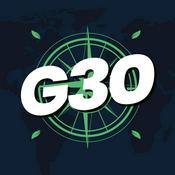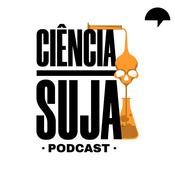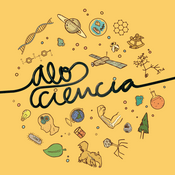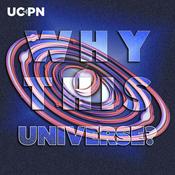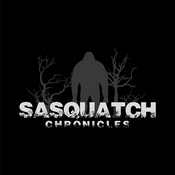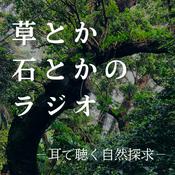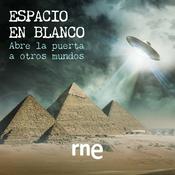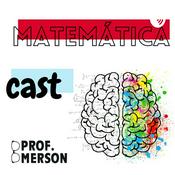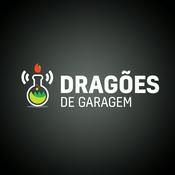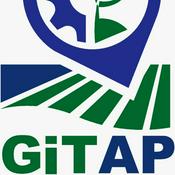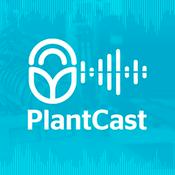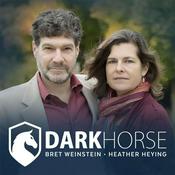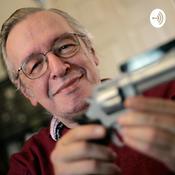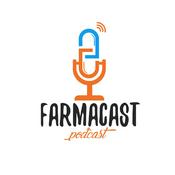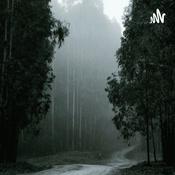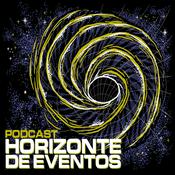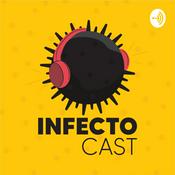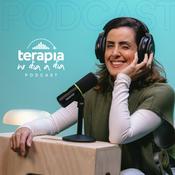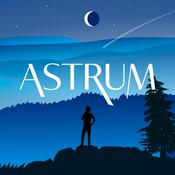81 episódios

Introducing: Delayland – Germany and the Missing Magic
20/11/2025 | 2min
Once dubbed an "economic miracle”, things don't run like they used to in Germany. This new DW original podcast endeavors to find out how Germany lost its magic and who’s got it now? Traveling beyond Germany — to India, France, Switzerland, and Denmark — the show explores how others are getting things right, and what Europe's former Wunderkind might learn from them. Wherever you get podcasts.

Energy crisis: The comeback of coal in Germany?
26/8/2024 | 58min
Germany is firing up old coal plants to ensure energy supply this winter. What does this mean for the country's coal phaseout and climate targets?

Farewell and new beginnings
05/6/2024 | 1min
After a great run, the On the Green Fence podcast is coming to a close. But we also have some good news for you.

Can we recycle our way out of the plastic crisis?
21/7/2023 | 43min
Globally only 9% of all plastic waste is recycled. But why are mechanical recycling rates so low? And could chemical recycling help achieve our targets or is this the wrong approach to the plastic waste problem?

Why don't we use more bioplastics?
14/7/2023 | 35min
Substituting fossil-based plastics with compostable ones could help address plastic pollution. But not all bioplastics are eco-friendly or biodegradable. A startup from the UK says seaweed is the answer.
Mais podcasts de Ciência
Podcasts em tendência em Ciência
Sobre On The Green Fence
Ouça On The Green Fence, Geografia em Meia Hora e muitos outros podcasts de todo o mundo com o aplicativo o radio.net
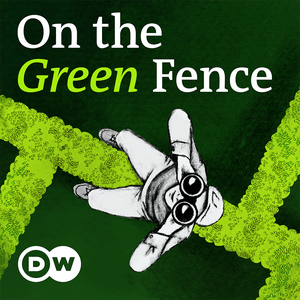
Obtenha o aplicativo gratuito radio.net
- Guardar rádios e podcasts favoritos
- Transmissão via Wi-Fi ou Bluetooth
- Carplay & Android Audo compatìvel
- E ainda mais funções
Obtenha o aplicativo gratuito radio.net
- Guardar rádios e podcasts favoritos
- Transmissão via Wi-Fi ou Bluetooth
- Carplay & Android Audo compatìvel
- E ainda mais funções


On The Green Fence
baixe o aplicativo,
ouça.
